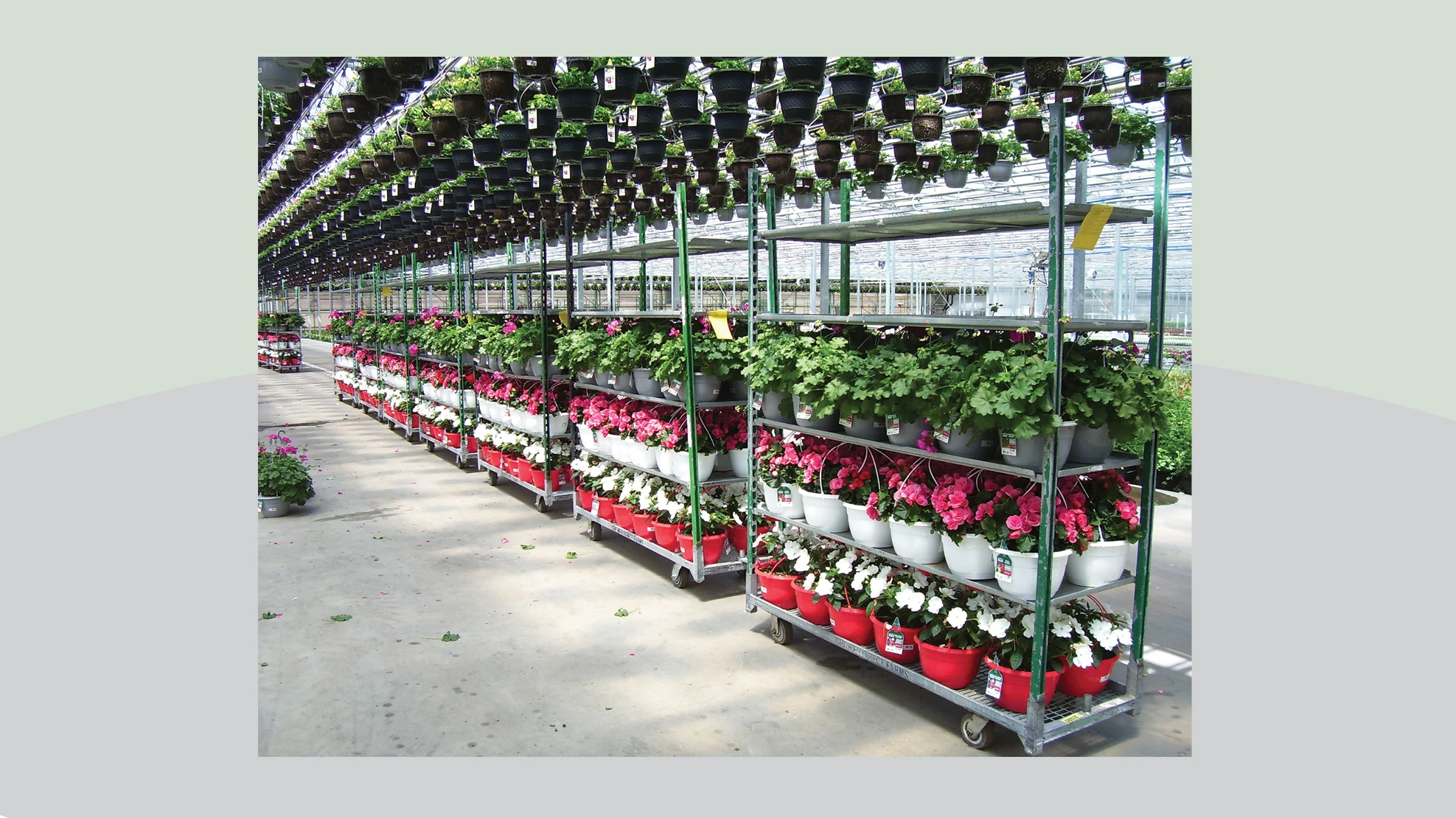
The whole idea behind a greenhouse is that the plants are indoors and covered, so whatever material a grower is using to cover their greenhouse is crucial. Since indoor plants aren’t in direct sunlight, it’s important for a grower to use a greenhouse covering that allows a sufficient amount of sunlight to enter through the covering and into the greenhouse. But, if you haven’t updated your own greenhouse covering in a while, you could be missing out on some of that precious sunlight that’s supposed to be coming in through the roof.

According to Sibylle Viz, business manager at Roehm America LLC, when light transmission is lost or reduced due to a bad covering, growers face consequences of lower yields and poor plant quality. These consequences are especially dire for crops that need UV light to grow and reach their full potential. Viz also notes that poor light transmission can result in increased operating costs, as a grower may have to employ more supplemental lighting and additional heating and cooling to their plants.
Luckily for growers, Roehm’s ACRYLITE® greenhouse coverings are made from acrylic and thus allow for the highest possible light transmission and are both rigid and lightweight. “Acrylic has a naturally high light transmission,” Viz explains. “Even with two layers of acrylic in a double-wall construction, our premium ACRYLITE greenhouse product transmits up to 89% of PAR, nearly 20% more than a similar geometry of polycarbonate glazing.”
Viz recognizes that upgrading a greenhouse covering isn’t an easy decision for growers. “There are many choices for growers when considering greenhouse coverings, such as films, glass, polycarbonate, acrylic, single wall, double wall, etc.,” she explains. “Many factors influence this decision, such as the local climate, the intended crop & yields and your business plan (ROI).” Each grower has to think carefully and weigh their options to make the best decision for their greenhouse.

If a grower picks an ACRYLITE product, updating their greenhouse coverings isn’t something they’ll have to do frequently. According to Viz, “because of its long lifecycle, ACRYLITE is often installed once and does not require replacement for decades.” This longevity is a massive advantage for growers, as they won’t have to spend time and money replacing their covering every few years. Since ACRYLITE is UV stable and doesn’t degrade as time passes, it won’t turn yellow or see its light transmission reduced. “We are so confident of this performance, that we warranty ACRYLITE against yellowing for 30 years,” Viz adds.
If you need to upgrade your greenhouse covering and you’re nearing the end of your current growth cycle, you may want to consider getting started, as Viz says that “in general, it’s best to upgrade and improve the covering between growth cycles so that there is a minimal impact.”
For more information, go to www.acrylite.co

Explore the October 2021 Issue
Check out more from this issue and find your next story to read.
Latest from Greenhouse Management
- Society of American Florists accepting entries for 2025 Marketer of the Year Contest
- Sustainabloom launches Wholesale Nickel Program to support floriculture sustainability
- American Horticultural Society welcomes five new board members
- Color Orchids acquires Floricultura Pacific, becoming largest orchid supplier in U.S.
- American Floral Endowment establishes Demaree Family Floriculture Advancement Fund
- The Growth Industry Episode 3: Across the Pond with Neville Stein
- 2025 State of Annuals: Petal power
- Long-term labor solution





